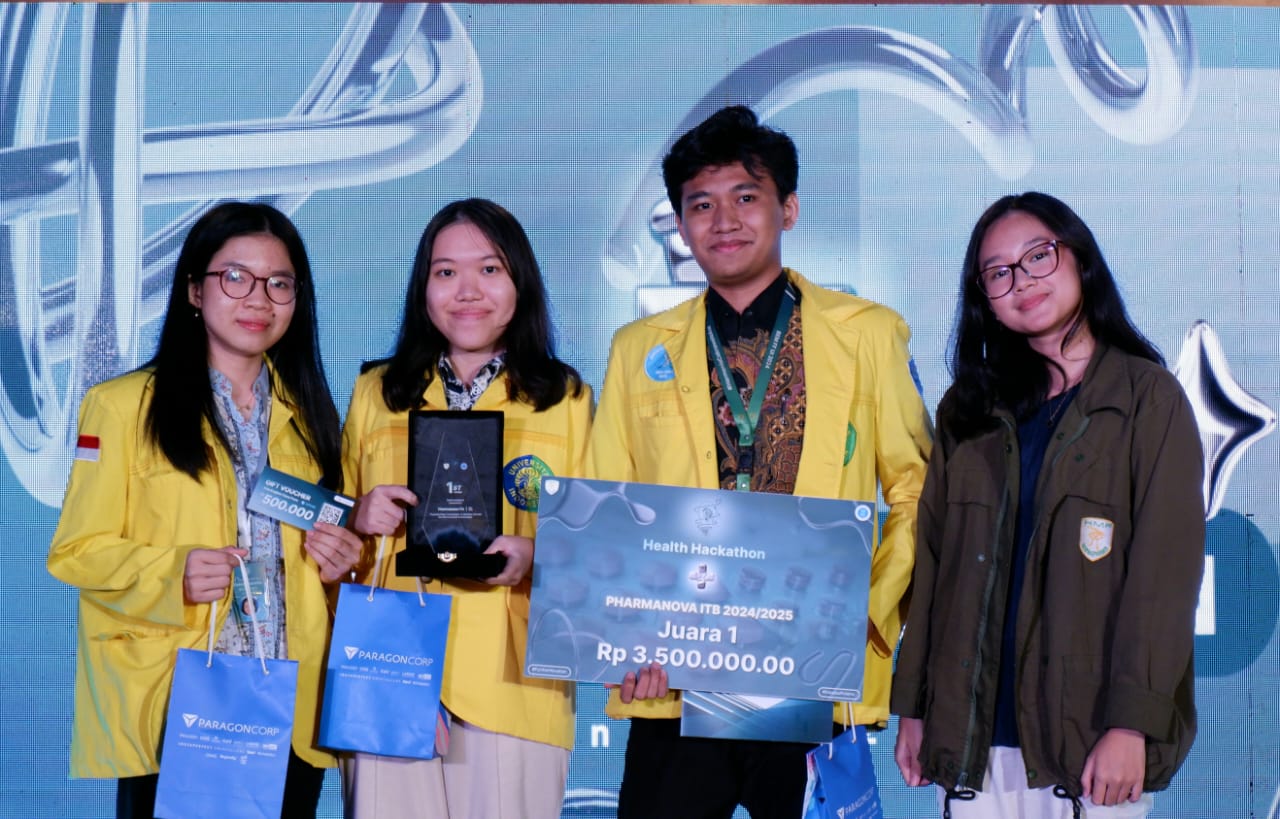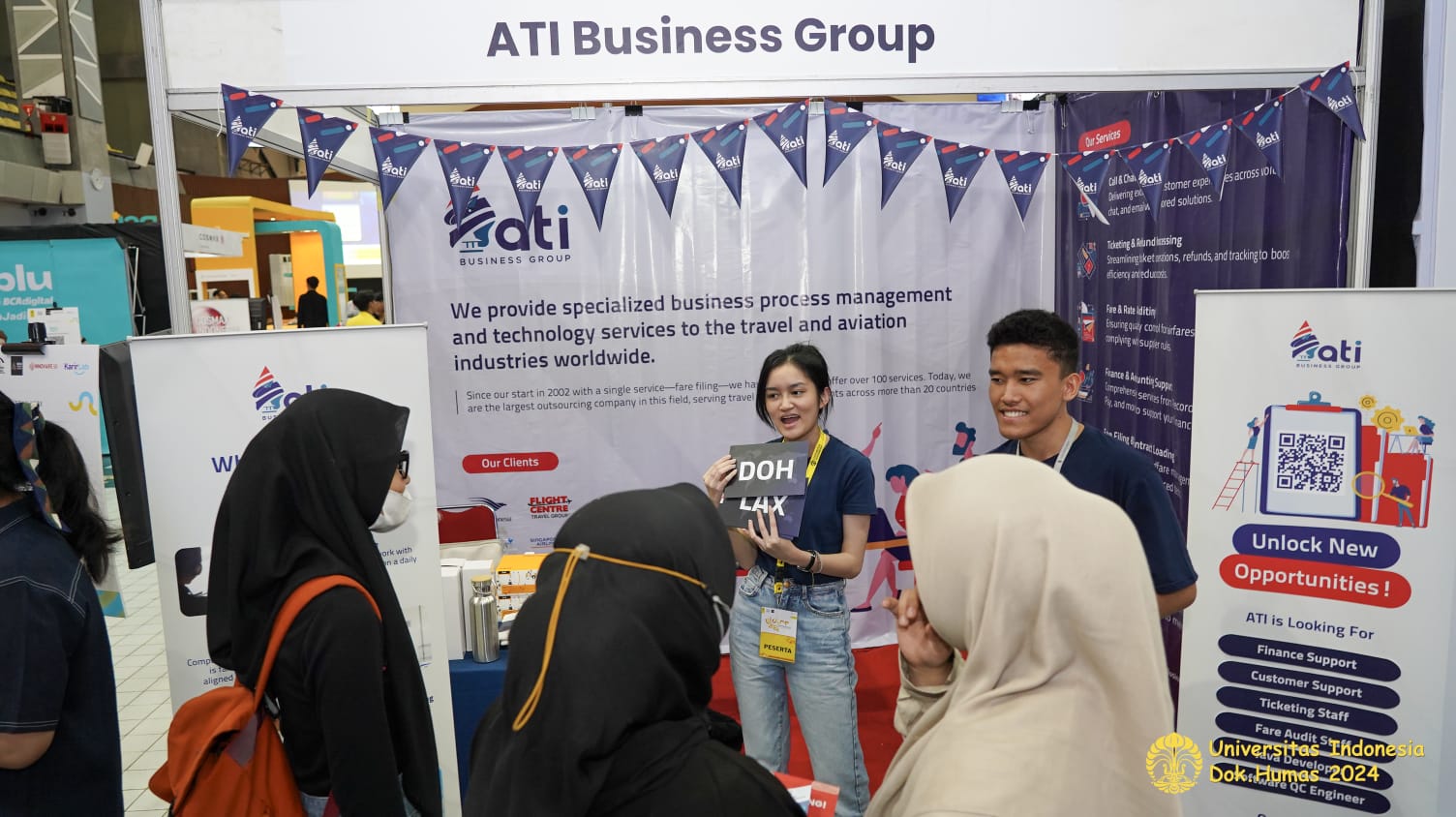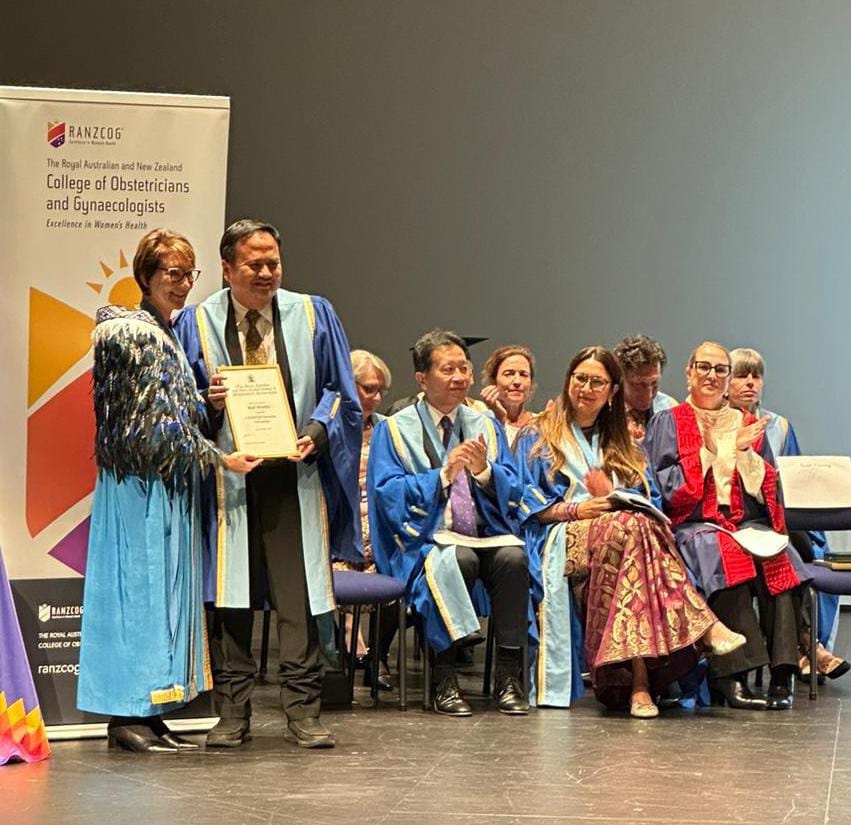In the era of Industrial Revolution 4.0, public sector organizations that are innovative and adaptive to various changes are crucial. According to Dr. Wayu Eko Yudiatmaja, S.IP., MPA, Postgraduate Program student in the Doctoral Program in Administrative Sciences, Faculty of Administrative Sciences University of Indonesia, innovation can impact the competitiveness of a nation so that it can become an instrument to win competition at the global level. Therefore, innovation must be a serious concern in the public sector.
Millennial employees, born between 1980-2000, often display innovative behavior in the workplace. In his research, Dr. Wayu found several factors behind this behavior and how it affects the task performance of millennial employees in the public sector. This study, conducted within the scope of the Jakarta Provincial Government, analyzes the influence of transformational leadership, innovation culture, innovation climate, and expected images on the innovative behavior of millennial employees.
Innovation culture influences millennial employees’ innovative behavior better than innovation climate. This is in line with the character of millennial employees who want flexibility and freedom in doing their work, which are characteristics of an innovative organizational culture. Different from the generations before and after them, millennial employees are a generation that wants greater freedom in their work. As a result, innovative behavior can improve the task performance of millennial employees.
Meanwhile, innovation climate is a culture of innovation practiced through actions and behavior by each individual. Internalizing a culture of innovation runs more slowly in public organizations than in business organizations. The slow implementation of culture into a climate of innovation in Jakarta Provincial Government is due to the lack of connection between the reward system and the creative and innovative behavior that each employee has demonstrated. Performance allowances as a reward for employee achievements still need to consider individual innovation.
Apart from that, expected or positive image gains have an important role in the influence of transformational leadership on the innovative behavior of millennial employees. If millennial employees consider their leaders to be transformative enough, they tend to form positive perceptions about innovative behavior, thereby motivating them to wield every effort to become more creative and innovative. However, if they perceive their superiors as less transformative, they tend to form a negative image if they behave innovatively and are thus demotivated to innovate at work.
Dr. Wayu assesses that the central government, through the Ministry of State Apparatus Empowerment and Bureaucratic Reform, needs to consider individual and team innovation parameters in every human resource management function in the public sector. Furthermore, the Jakarta Provincial Government needs to develop a clear reward system by considering employee innovative behavior as one of the assessment standards. This ensures that everyone is encouraged to display creative and innovative performance in the workplace.
“For the Jakarta Provincial Government, several things need to be done to increase the innovative behavior of millennial employees. From a managerial stance, managers at various levels must always provide support, stimulation, inspiration, and motivation to millennial employees because employees are the key to the innovation process in the organization. The Jakarta Provincial Government needs to provide an environment that continually stimulates innovative behavior among millennial employees and needs to strengthen the implementation of these rules. Hence, they feel secure when taking change initiatives and creative actions,” said Dr. Wayu.
Dr. Wayu succeeded in obtaining a Doctorate degree from the Faculty of Administrative Sciences UI with the dissertation entitled “Innovative Behavior of Millennial Employees in the Public Sector: Antecedents, Mediators, and Consequences for Task Performance of State Civil Servants in the DKI Jakarta Provincial Government.” The promotion session was held on Wednesday at the Faculty of Administrative Sciences UI. Dr. Wayu was declared a Cum Laude graduate and succeeded in becoming the 37th doctorate from the Faculty of Administrative Sciences UI and the 225th in Administrative Sciences.



